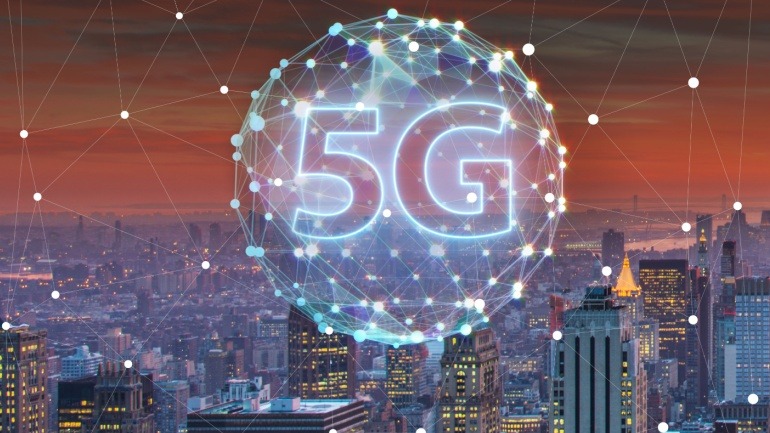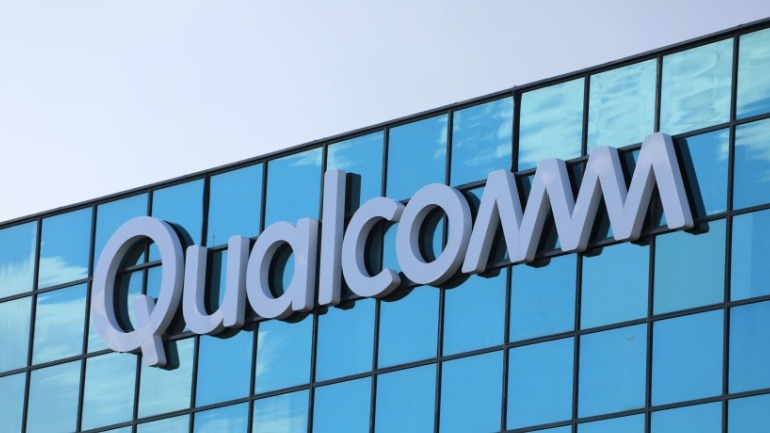Deutsche Telekom has partnered with Nokia to upgrade its Open RAN network in Germany, replacing Huawei equipment. This move will see over 3,000 Open RAN sites enhanced nationwide.
BSNL’s 5G tender mandates local equipment, sparking dissatisfaction among giants like Ericsson and Nokia. This local focus aligns with BSNL’s 5G Standalone expansion strategy in New Delhi.
Qualcomm is diversifying beyond mobile handsets, targeting $22 billion annual revenue from automotive and IoT by FY29.
Hewlett Packard Enterprise is revolutionizing high performance computing and AI infrastructure with its enhanced portfolio. The launch of HPE Cray Supercomputing EX solutions and tailored systems for large language model training and natural language processing highlights the growing role of HPC in AI.
BSNL is spearheading the 5G revolution in India, launching a tender for 5G infrastructure in New Delhi to cater to 100,000 users. Utilizing 900 MHz and 3.3GHz bands, BSNL aims to boost digital presence with 5G SA connectivity and fixed wireless access broadband.
Gartner predicts AI data centers may hit operational limits by 2027 due to power shortages, driven by surging AI and GenAI energy demands. As electricity needs rise, organizations must adapt by securing long-term power contracts and exploring efficient alternatives.
Ericsson’s new 5G Advanced software suite targets next-level network programmability and enhances VoIP capabilities. With seven products, Ericsson boosts performance and user experience, aligning networks with business goals using AI-driven technologies.
Sinch, which is pioneering the way the world communicates through its Customer Communications Cloud, has released its predictions for the 2024 Black Friday and Cyber Monday (BF/CM) shopping season. Based on insights from Sinch’s 2024 Consumer BF/CM Survey, conducted across the US, UK, Spain, France, Germany, Brazil, and Australia, the company forecasts that this year’s shopping trends will be dominated by personalization, conversational commerce, and secure communication technologies.
The ongoing Arm versus Qualcomm legal battle could reshape the smartphone market due to Qualcomm’s reliance on Arm’s architecture for Snapdragon processors. If Arm’s license cancellation proceeds, it threatens Qualcomm’s processor production, impacting Android devices’ performance.
Ericsson is intensifying its R&D efforts in India, zeroing in on network APIs. Partnering with telecom giants, Ericsson is unlocking 5G’s potential through programmable networks, enhancing performance, and enabling new performance-based business models.













